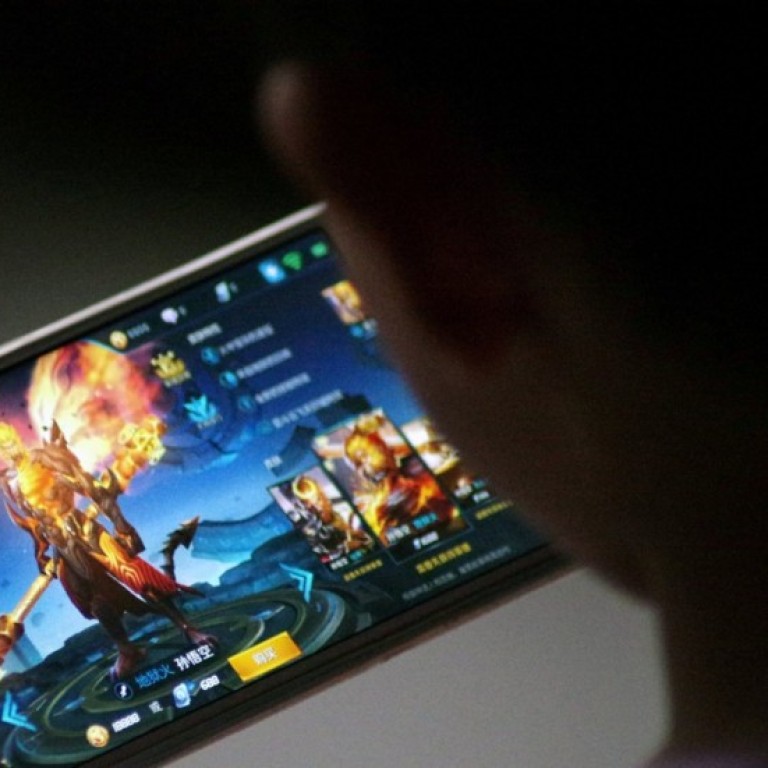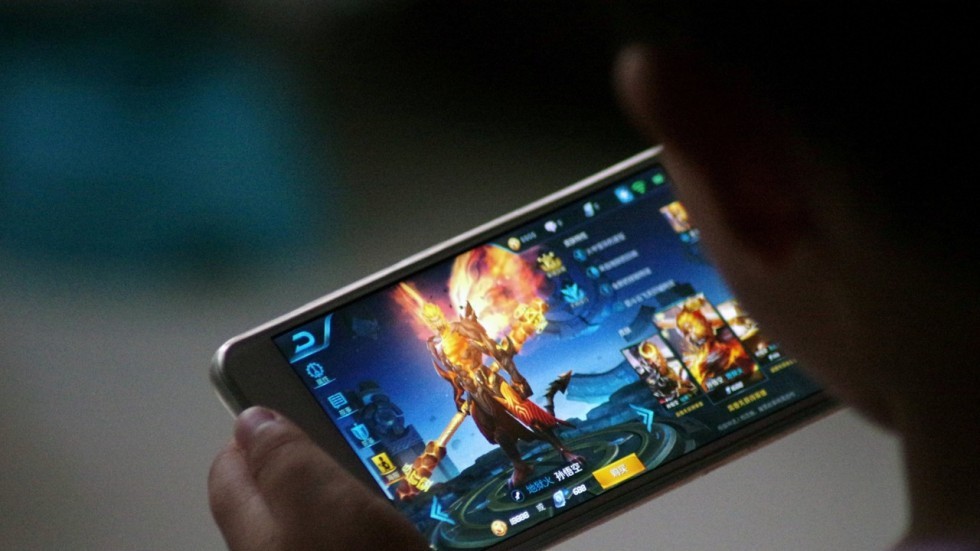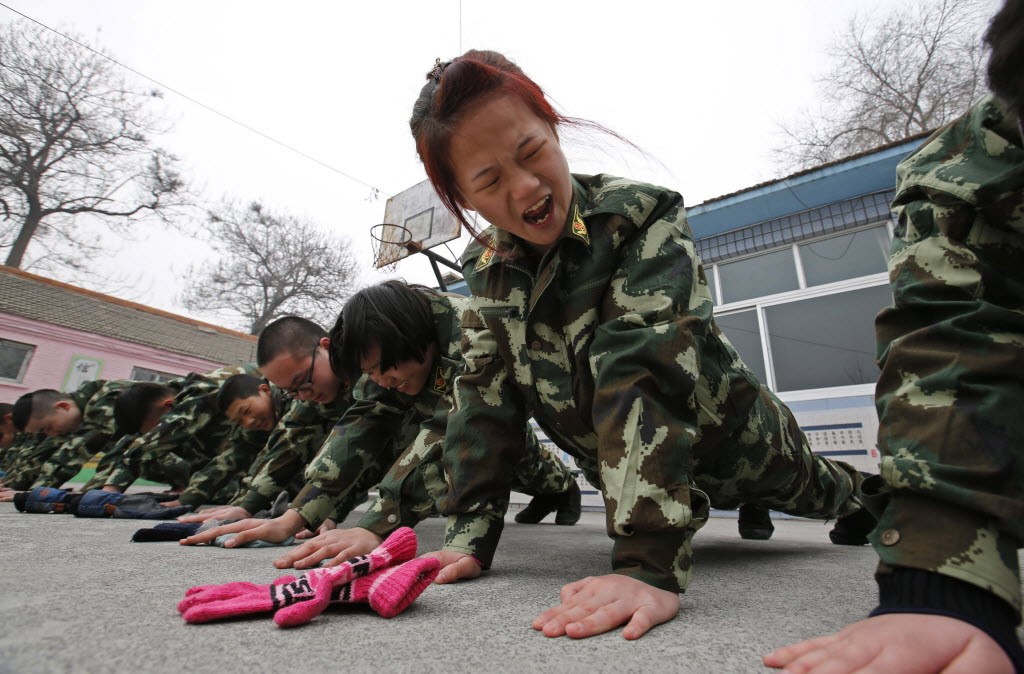
Don't "demonize" video games, says Chinese state media
People's Daily criticizes the label "digital heroin" for video games... 18 years after it called video games "digital heroin"
“We can no longer simply slap the labels of ‘digital heroin' or ‘mental opium’ on video games," says an academic cited in the story.

Of course, money is a factor -- as is China's growing role in the gaming industry. Monday’s story says online games developed in China have made US$7 billion in revenue around the world.
Over 100 million people watch esports victory in China
But the sheer number of gamers in the country means China has actually been trying to deal with “gaming addiction” for a while now.

The People’s Daily article published on Monday warned against the resurgence of addiction boot camps.
“If we consider the demonizing of games and calling games the ‘digital heroin’ a radical measure, linking gaming disorder with electrocution and physical abuse… is another extremity,” says the article.
Steam is finally coming to China… but gamers think it’s dead on arrival
For more insights into China tech, sign up for our tech newsletters, subscribe to our Inside China Tech podcast, and download the comprehensive 2019 China Internet Report. Also roam China Tech City, an award-winning interactive digital map at our sister site Abacus.
For more insights into China tech, sign up for our tech newsletters, subscribe to our Inside China Tech podcast, and download the comprehensive 2019 China Internet Report. Also roam China Tech City, an award-winning interactive digital map at our sister site Abacus.

